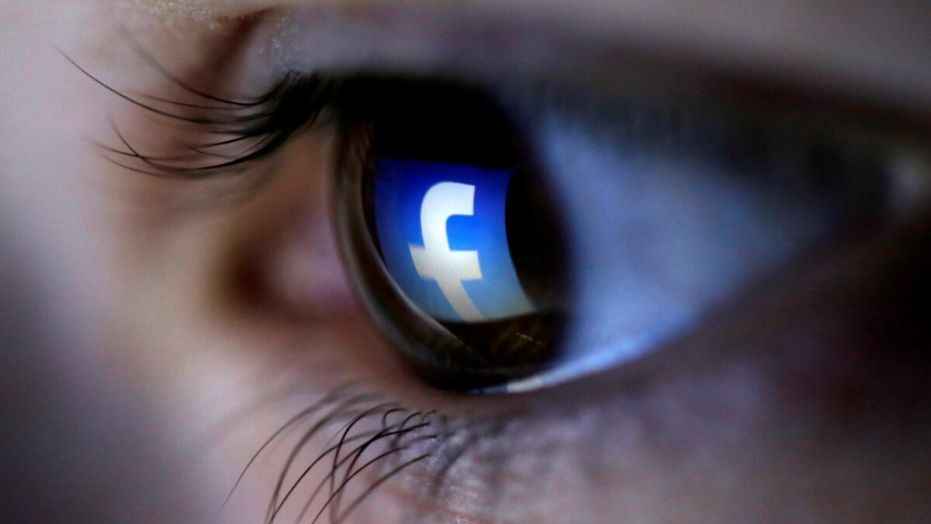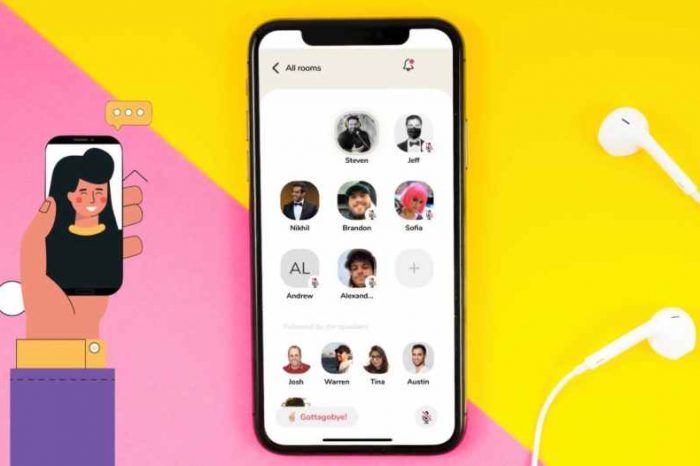Be careful what you post on social media: Facebook is now sending users’ private messages directly to the FBI

Do you think your online postings are anonymous? Think again! Even with VPN, anonymity is no guarantee in online postings, especially if the government requests the owner of the site to provide information about an individual or group of people. In recent years, social media platforms have now become the de facto intelligence collection arms of the US government.
Last week, Forbes reported that Facebook is now furnishing the Federal Bureau of Investigation (FBI) private messages of users involved in the January 6 riot at the U.S. Capitol. The data include information about who discussed the events at the capitol on their platform and their private messages. Forbes wrote:
“Despite attempts to play down the use of Facebook amongst Capitol Hill rioters, the social media giant is furnishing the feds with data on users who took part in the siege, including their private messages, after calls from lawmakers to do so.”
Facebook’s decision to provide users’ private messages to the FBI is contrary to some of the excuses the company used to justify the censorship of users on its platform. Unfortunately, the idea that “Facebook is a private company and can do what they want,” does not apply to the protection of users’ privacy and private communication on its platform.
The revelation about the disclosure of user’s private messages came to light after a criminal complaint filed against New York resident Christopher M. Kelly on Wednesday. A search warrant on his Facebook account was later issued. Forbes added:
“After being tipped off about Facebook posts from an account belonging to Kelly containing images of him at the storming of the U.S. Capitol on January 6, the FBI sought his private messages, as well as his linked IP address, phone number and Gmail address.”
Sending users’ information to government agencies is not necessarily a bad thing. The challenge is in striking the right balance between protecting personal privacy online and sharing useful information about some unscrupulous people like child molesters with law enforcement agencies. According to the FBI director, Facebook is currently the lead referrer of child exploitation tips.
Facebook’s decision is the polar opposite of Apple. In 2015, the FBI reached out to Apple to unlock the iPhone of Syed Farook, also known as the San Bernardino mass shooter. Unlike Facebook, the tech giant refused to create a backdoor that would have given the FBI access to Syed’s phone, acted as a truly private company supporting the privacy rights of its customers.

